Introduction of Brazilian Bourbon Coffee Story description of flavor and taste of Brazilian coffee bean brand picture
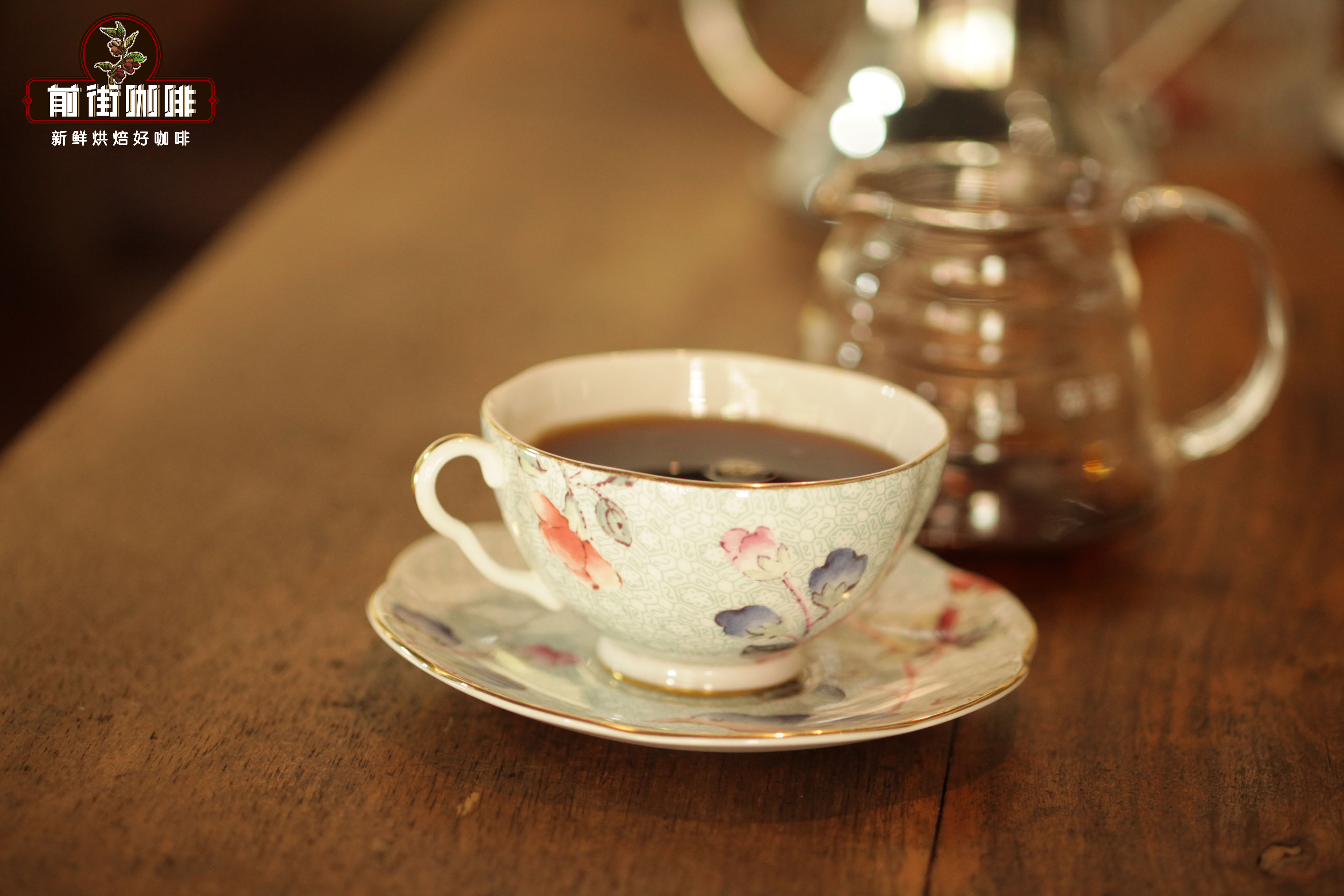
Professional coffee knowledge exchange more coffee bean information please follow the coffee workshop (Wechat official account cafe_style)
Coffee cultivation in Brazil began in 1727 when an army officer in Portugal brought coffee from French Guiana to Brazil. Since then, coffee has adapted quickly in Brazil, spreading from the north to the southeastern state of Sao Paulo and the southern province of Parana, where it is at slightly higher latitudes and Frosts Descent in winter, resulting in heavy losses to farmers.
From 1970 to 1980, Brazilian farmers developed the warmer provinces of Minas and Bahia in the northern state of Sao Paulo, which are less warm in winter than Frosts Descent until today Minas has become one of the main producing areas of Brazilian boutique coffee.
Before 1990, the Brazilian government carried out strict monitoring of the coffee industry, with both strict intervention and price protection measures, and the state has been implementing minimum price protection measures for farmers, resulting in coffee overproduction.
Since the opening of the free market in 1990, the original Brazilian Coffee Authority (IBC) has been replaced by the National Economic Association, the country's non-investment administrative body, which pursues a policy of non-intervention and allows producers to negotiate directly with exporters. The business activities of exporters are supervised by the government legislation, and the relevant departments register legitimate exporters. Since 300 years ago, coffee has become the main source of economy in Brazil, and Brazil has also become the largest producer of coffee in the world.
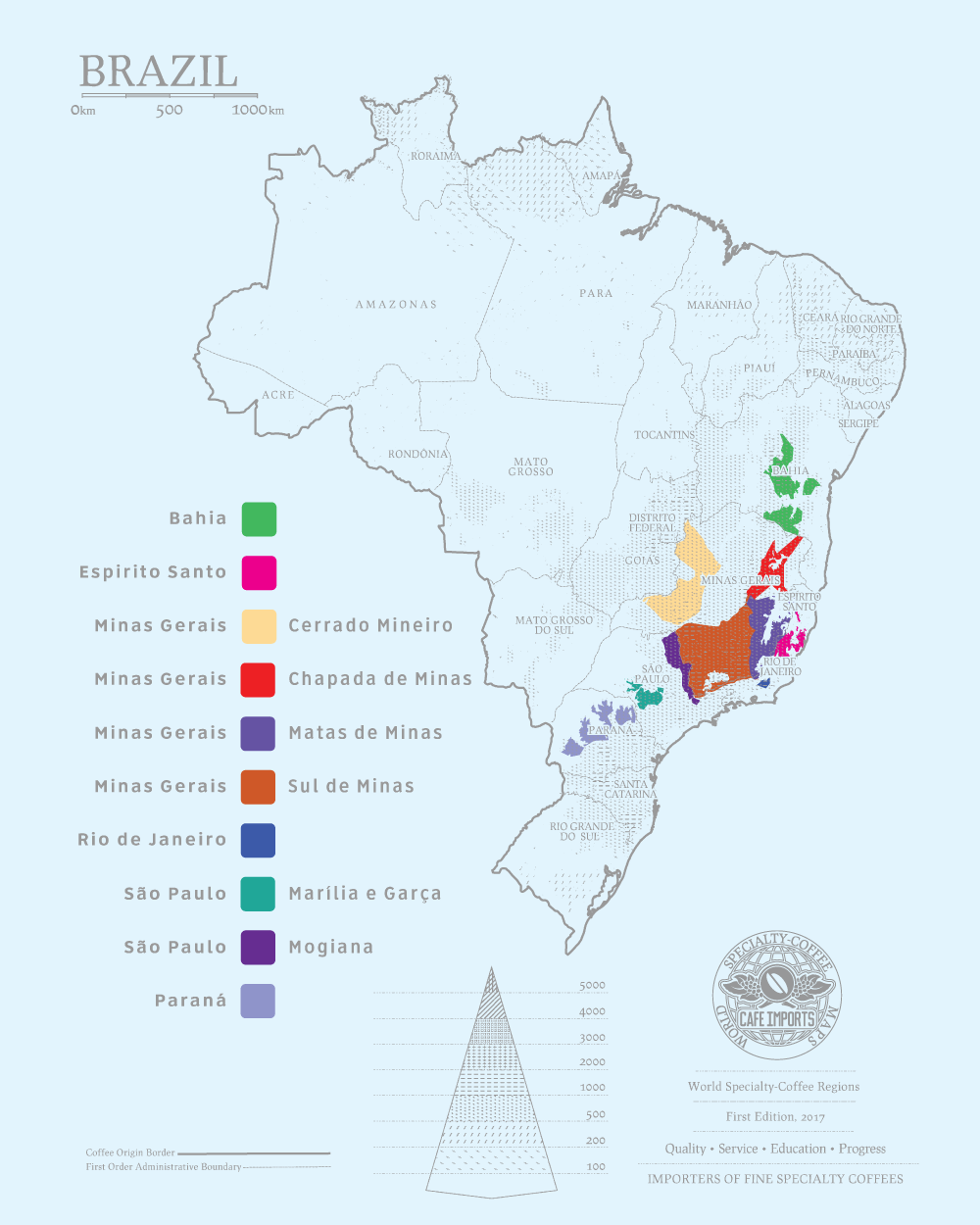
Flavor characteristics of Brazilian coffee beans
Brazil grows both Arabica and Robusta coffee, while Arabica is mainly bourbon. Bourbon is the second species of Typica mutation. It belongs to the oldest existing coffee variety. The green fruit appears bright red when it is ripe. Bourbon species grown at high altitude usually have better aroma and bright acidity.
According to the color of the fruit, it can be divided into red bourbon, yellow bourbon, orange bourbon, pink bourbon, yellow bourbon, but the yield is relatively low, but the quality is better. Red bourbon is common in Brazil, and yellow bourbon is grown in only a few areas.
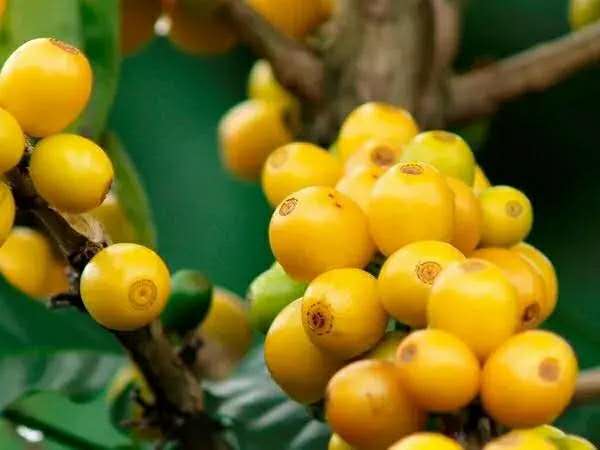
Although the variety of coffee is excellent, Brazilian coffee is grown at an altitude of about 400-1600 meters above sea level, which is relatively low. Compared with Central American coffee, the density of Brazilian coffee beans is not particularly high, which leads to the taste of coffee is not as good as that from many high altitude producing areas. Coffee flavor is monotonous, Brazilian coffee taste is supple, balanced, nutty, grassy, chocolate, without too much sour and bitter taste. So it is often used to make spaghetti blends, but coastal Rio coffee even has iodine and salty taste, which is thought to be the result of some kind of microbial action, but even if planted in the same soil, it does not necessarily produce this flavor every year.
Later, Brazil went through several coffee quality improvement reforms, including a clear division of the hierarchical system and the unification of mechanized harvesting operations, which made the quality of Brazilian coffee stable. In addition, Brazil produced a lot of coffee and had a great say in the commercial market.
How to choose Brazilian coffee beans in the front street
There are two kinds of Brazilian coffee beans in the coffee bean list on the front street, namely, the red bourbon in the Syrador producing area and the yellow bourbon in the queen's manor.
Shirado Red Bourbon
Syracuse belongs to Minas province, is Brazil's high-quality coffee producing area, this area is the essence of the Sierra Prairie, high altitude, fertile soil, to grow sweet, mellow thickness and high cleanliness of boutique coffee beans. Qianjie has also tasted coffee from all the major producing areas in Brazil. Shirado, as a large producing area, has the most stable and distinctive flavor. This Douqian Street is used for recipes in Italian blended coffee and single food rations that represent the flavor of Brazil.
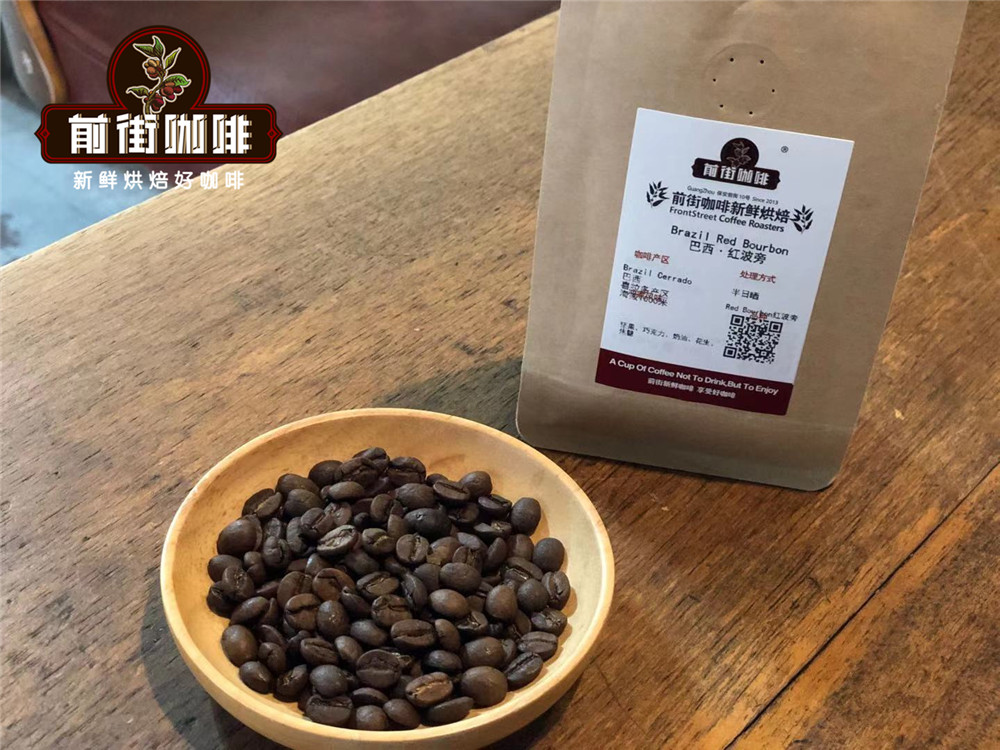
Queen's Manor Huang Bourbon
Fazenda Rainha (Queen Farm) is located in the Alta Mogiana area of Sao Paulo State (Sao Paulo), north of the city of S ã o Paulo. The estate is well-known in Brazil and is owned by the Carvalho Dias family. Carvalho Dias has four estates that have won awards every year since the first Brazilian COE Competition in 1999, winning more than 12 awards in the past seven years, and even won the champion, 9th and 11th in 2004.
Yellow bourbon coffee beans are sweet and clean by nature. Sunbathing will make them slightly less sour, but they match well with sweetness, have a good balance and have tropical fruit aromas. Qianjie positioned this bean as a Brazilian boutique coffee bean.
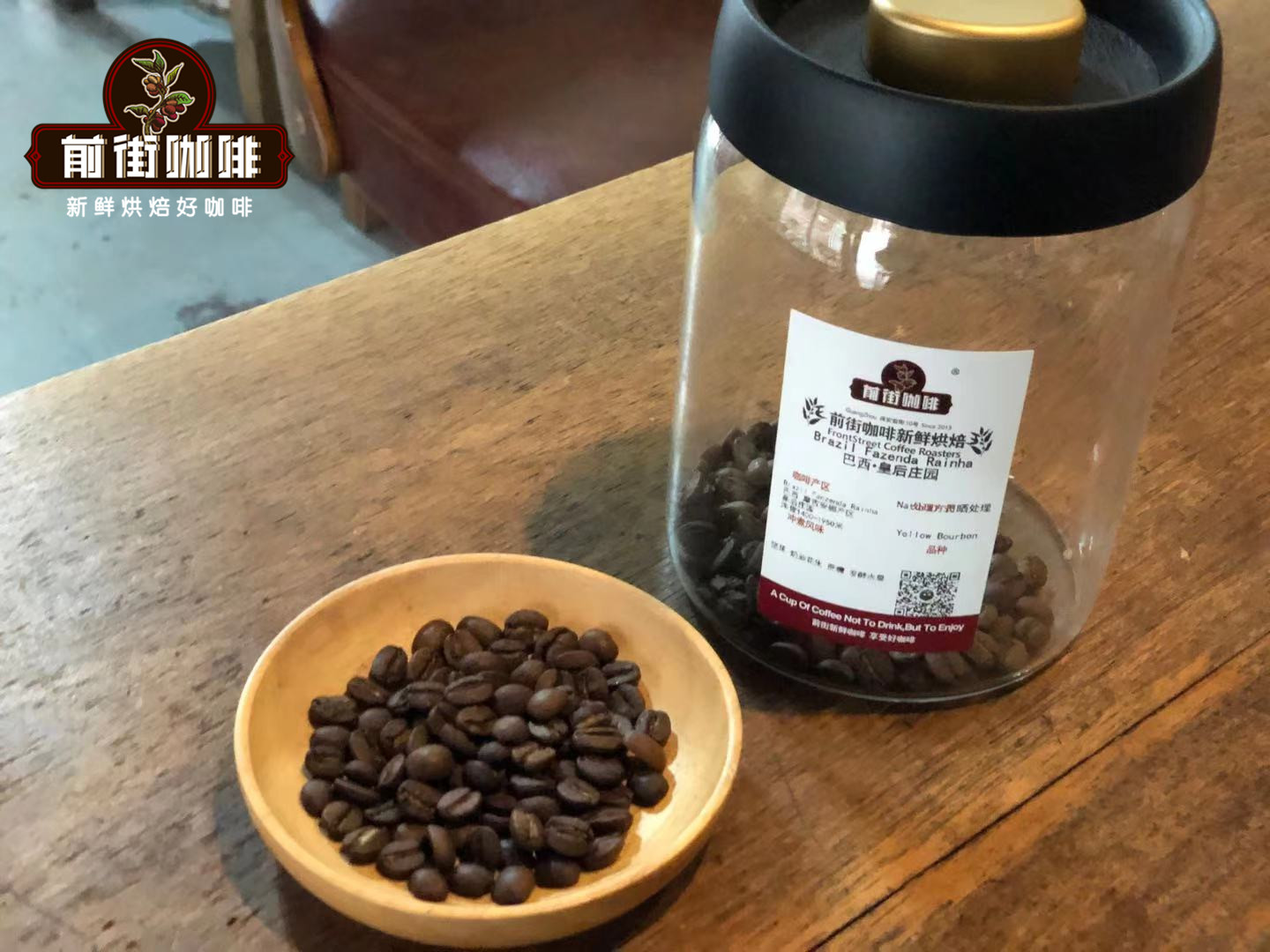
Suggestion on brewing coffee in Qianjie
Cooking parameters: use Kono filter cup
Water temperature: 88 ℃
Amount of powder: 15g
Powder-to-water ratio: 1:15
Degree of grinding: medium and fine grinding (Chinese standard No. 20 screen pass rate 70-75%)
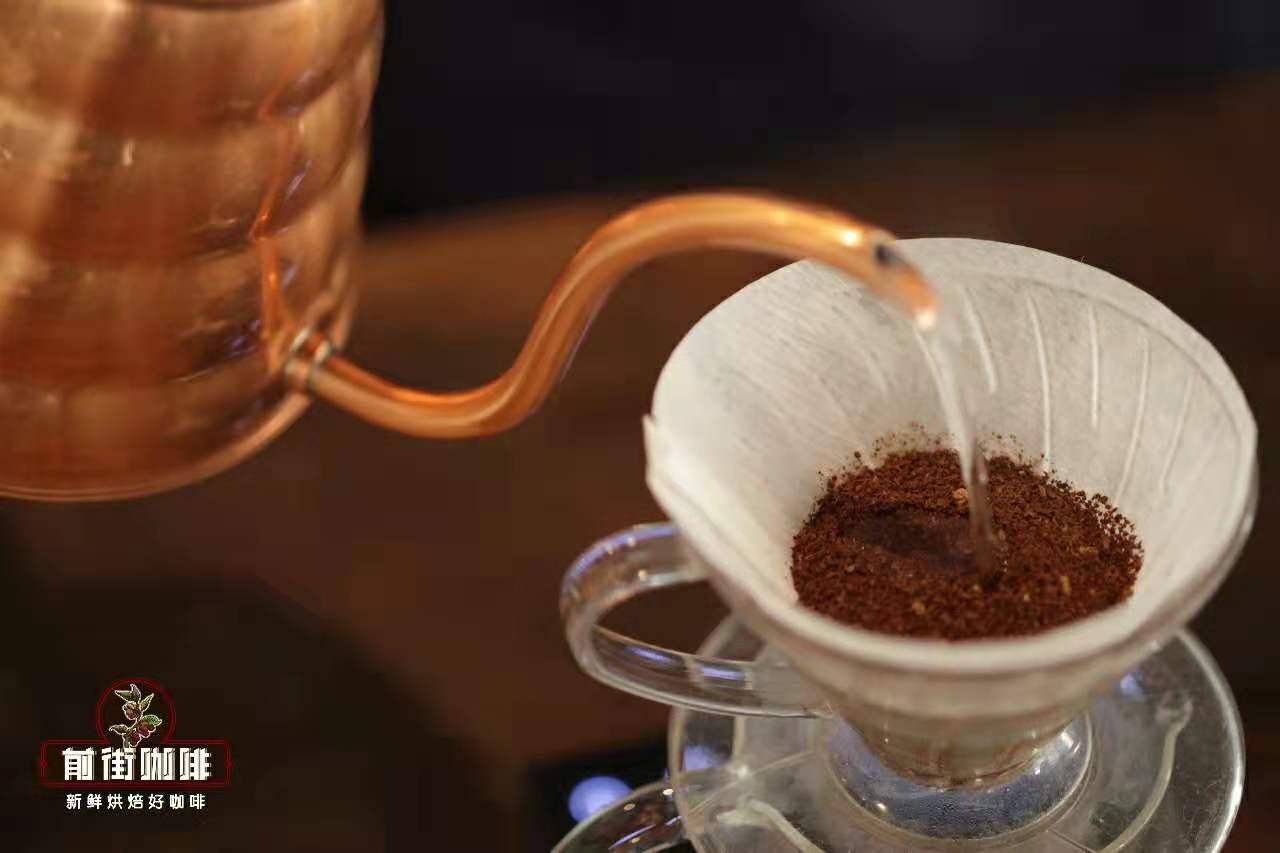
Qianjie coffee is extracted by stages, also known as three-stage brewing: steaming with 30 grams of water for 30 seconds, injecting water around a circle to 125 grams for stages, continuing to inject water to 225 grams when the water level is about to be exposed to the powder bed, removing the filter cup when the water level is about to be exposed to the powder bed, (steaming starting timing) the extraction time is 2 grams 39th 05 "- 2 grams 3915".
Brazilian Queen's Manor Coffee brewing flavor: Sugar cane juice's fresh sweet, black tea, beautiful and smooth fruit sweetness, obvious nutty flavor, balanced and supple acidity, weak and clean bitterness, rich chocolate aroma and nutty flavor, bright and fresh taste, smooth and delicate taste.
Brazilian red fruit flavor: the entrance has obvious sweetness, with a hint of lemon aroma, with a strong nutty flavor, the latter part of the performance has an obvious dark chocolate flavor, the overall feeling is more round.
For more boutique coffee beans, please add private Qianjie coffee on Wechat. WeChat account: kaixinguoguo0925
Important Notice :
前街咖啡 FrontStreet Coffee has moved to new addredd:
FrontStreet Coffee Address: 315,Donghua East Road,GuangZhou
Tel:020 38364473
- Prev
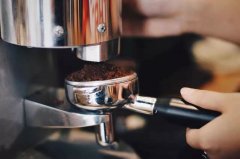
Coffee world map-Italian formula beans must be Brazilian coffee beans how to drink Brazilian coffee
Communication of professional baristas Please pay attention to the coffee workshop (official Wechat account cafe_style) strong cocoa flavor Italian formula bean pet planting environment, as Brazil rarely has more than 3000 feet of highlands, coupled with the lack of volcanic soil (Volcanic Soil), in fact, it is not conducive to growing coffee. The early spread depended on the red-purple soil (Terra Roxa) that had not yet been cultivated.
- Next
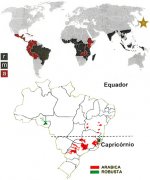
Brazilian Coffee Fine Coffee Bean treatment introduces how to make and drink Brazilian coffee
The exchange of professional baristas please follow the coffee workshop (Wechat official account cafe_style) about coffee production. The main consideration is ① production, ② diseases and insect pests, ③ quality, in terms of agricultural stability, the first priority is production. In addition, 80% of Brazilian coffee is dried, and the remaining 20% is semi-dried and washed. Its coffee taste characteristics are different, but high.
Related
- Detailed explanation of Jadeite planting Land in Panamanian Jadeite Manor introduction to the grading system of Jadeite competitive bidding, Red bid, Green bid and Rose Summer
- Story of Coffee planting in Brenka region of Costa Rica Stonehenge Manor anaerobic heavy honey treatment of flavor mouth
- What's on the barrel of Blue Mountain Coffee beans?
- Can American coffee also pull flowers? How to use hot American style to pull out a good-looking pattern?
- Can you make a cold extract with coffee beans? What is the right proportion for cold-extracted coffee formula?
- Indonesian PWN Gold Mandrine Coffee Origin Features Flavor How to Chong? Mandolin coffee is American.
- A brief introduction to the flavor characteristics of Brazilian yellow bourbon coffee beans
- What is the effect of different water quality on the flavor of cold-extracted coffee? What kind of water is best for brewing coffee?
- Why do you think of Rose Summer whenever you mention Panamanian coffee?
- Introduction to the characteristics of authentic blue mountain coffee bean producing areas? What is the CIB Coffee Authority in Jamaica?

